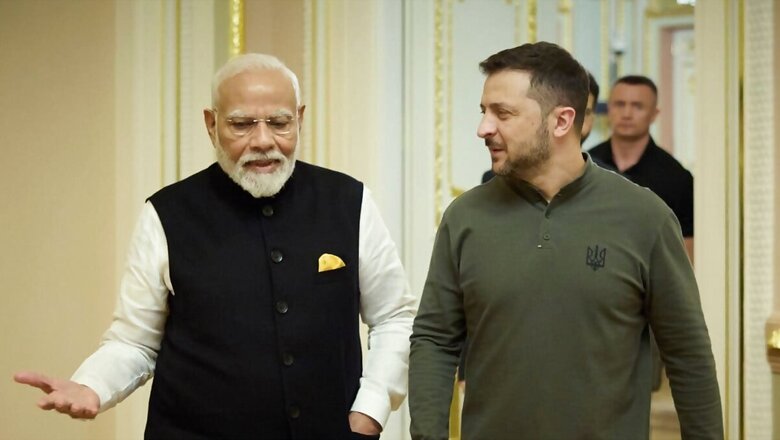
views
India’s foreign policy has been in overdrive this week, orchestrating a series of high-profile engagements that signal its growing influence and ambition on the world stage.
From bolstering defence ties with the United States (US) to elevating partnerships in Europe and Southeast Asia, and even reaching out amid the turmoil in Ukraine, India has deftly navigated the complexities of international relations with a renewed sense of purpose.
Reaching Out to Ukraine
Prime Minister Narendra Modi’s brief but significant visit to Ukraine, amid the ongoing conflict, demonstrates India’s nuanced approach to international relations. While India has maintained a neutral stance on the war, refusing to condemn Russia’s actions, this visit underscores its commitment to providing humanitarian assistance to Ukraine and exploring avenues for cooperation.
The signing of four agreements in sectors such as agriculture, medicine, and culture sends a message of support and solidarity. It also highlights India’s desire to maintain constructive relations with Ukraine despite the complexities of the geopolitical situation.
This visit is a balancing act. India, with its long-standing ties with Russia and dependence on Russian arms, cannot afford to alienate Moscow. At the same time, it recognises the importance of upholding international law and supporting a rule-based order.
Modi’s visit injected a fresh perspective into the discourse surrounding the Ukraine conflict. While he arrived without a grand peace plan, his willingness to engage in a “long and intense conversation” with President Volodymyr Zelenskyy was itself a significant gesture. It demonstrated India’s recognition of Ukraine’s security concerns, which have often been overshadowed in the broader global narrative. By actively listening to Ukraine’s perspective and acknowledging its struggle for survival, Modi signaled India’s intent to be more than a passive observer in this conflict that is reshaping the European security architecture.
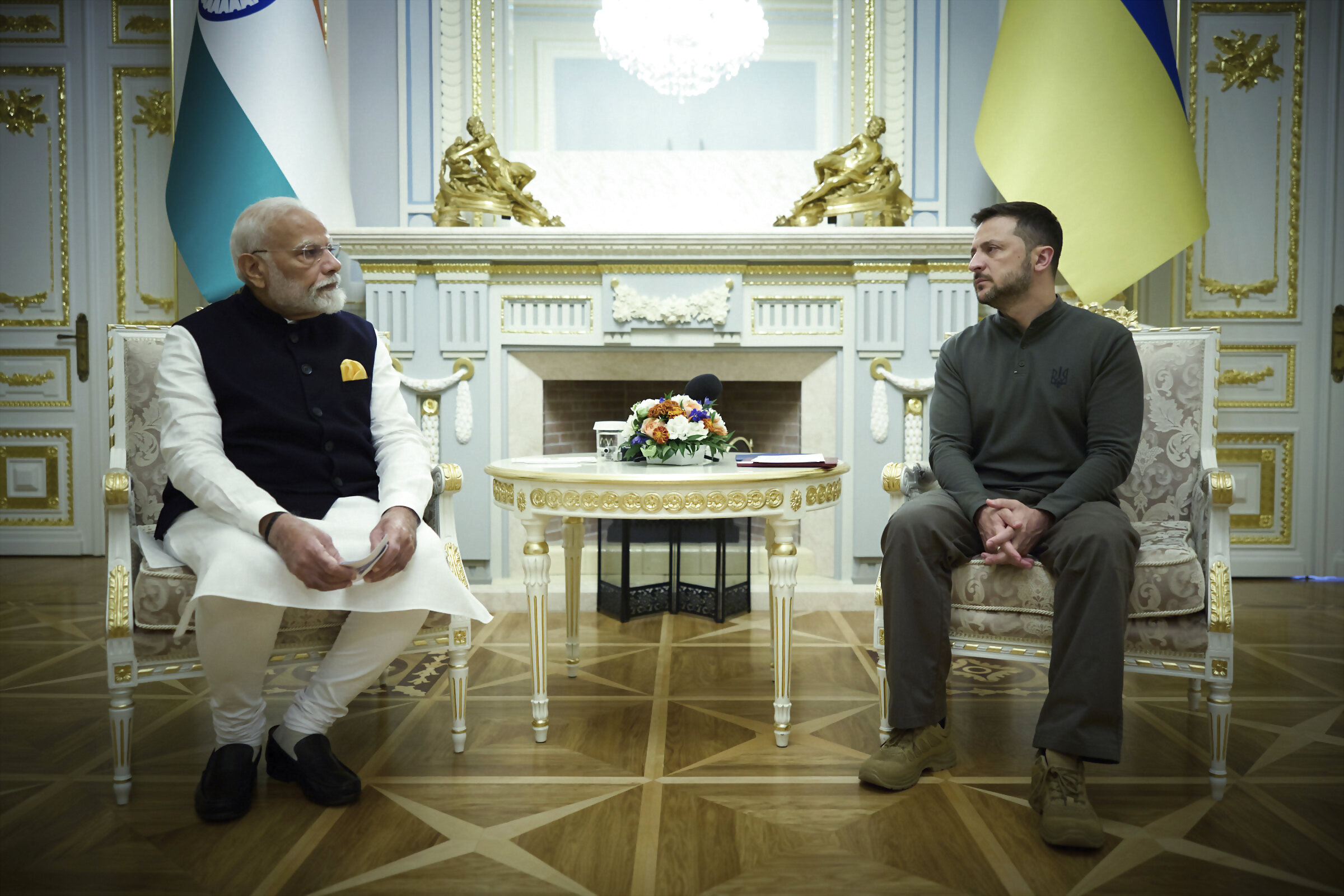
Furthermore, this visit marked a subtle shift in India’s foreign policy posture. For centuries, India remained on the periphery of European conflicts, a consequence of its colonial past and the Cold War dynamics. Modi’s presence in Kyiv, at a time when the war in Ukraine has become a focal point of global geopolitics, signifies India’s determination to play a more active role in shaping the future of Europe and the international order. It is a move that aligns with India’s growing economic and strategic influence and its aspiration to be a leading voice in global affairs.
Beyond the geopolitical implications, Modi’s visit also served to revitalise the bilateral relationship with Ukraine. Despite historical ties dating back to the Soviet era, the relationship had atrophied in the post-Soviet period. The commitment by both leaders to elevate the relationship to a “strategic partnership” marks a turning point. It signals a renewed focus on economic cooperation, defence ties, and cultural exchange, potentially unlocking opportunities in sectors ranging from infrastructure development to technology transfer.
The visit further reinforces India’s commitment to supporting Ukraine’s sovereignty and territorial integrity, while also acknowledging the need for continued dialogue and diplomacy to end the conflict. In addition, it also marks India as a key dialogue partner for peace, as was remarked by the White House which called Modi’s visit “helpful”.
Strengthening the Indo-US Axis
The burgeoning partnership between India and the United States took another significant step forward with the signing of two key defence pacts. The Security of Supplies Arrangement (SOSA) is more than just a bureaucratic agreement; it’s a symbol of strategic trust. This pact will streamline the process for both countries to acquire critical defence equipment from each other, ensuring a reliable supply chain even during unforeseen crises. Imagine a scenario where tensions flare in the Indo-Pacific, and India requires urgent resupply of critical components for its defence systems – SOSA ensures a smooth and expedited process, eliminating bureaucratic hurdles that could hinder a swift response.
Complementing SOSA is the memorandum of understanding on the Assignment of Liaison Officers. This agreement goes beyond the usual exchange of pleasantries; it fosters deeper military-to-military cooperation by embedding Indian officers within key US commands, including the Indo-Pacific Command and the Special Operations Command. This not only facilitates seamless information sharing and coordination, but also builds personal relationships and trust between the armed forces of both nations.
These agreements build on the foundation of the “major defence partner” status that the US bestowed upon India in 2016, a recognition of India’s increasing strategic importance. By facilitating closer industry collaboration and operational coordination, these pacts lay the groundwork for a more robust and integrated defence relationship, a significant development in a world marked by growing geopolitical uncertainties.
India and Malaysia
The visit of Malaysian Prime Minister Anwar Ibrahim to India marked a significant milestone in the relationship between the two nations. It’s not just about elevating their partnership to a “comprehensive strategic partnership” – it’s about breathing new life into a relationship that has historical roots, but often remained dormant. The signing of nine agreements across various sectors, from education to labour repatriation, demonstrates a commitment to broad-based cooperation.
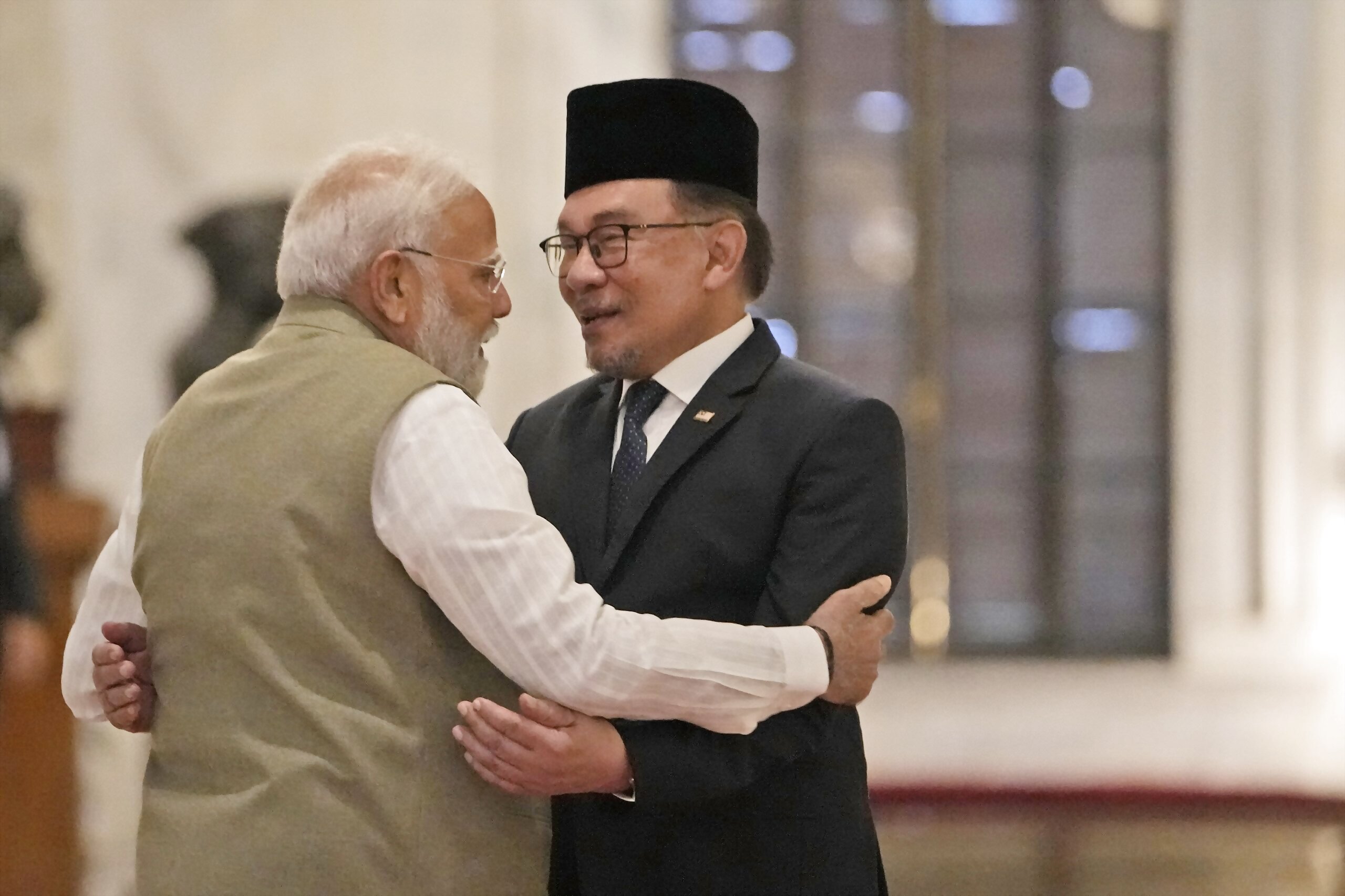
But perhaps the most eye-catching outcome is the planned linkage of India’s Unified Payments Interface (UPI) with Malaysia’s Paynet. Imagine a future where an Indian tourist in Kuala Lumpur can seamlessly pay for street food using their UPI app, or a Malaysian student in Bengaluru can effortlessly transfer tuition fees from their Paynet account. This initiative not only simplifies cross-border payments, but also fosters financial inclusion and strengthens people-to-people ties.
Beyond the immediate economic benefits, this visit underscores a deeper strategic convergence. Both India and Malaysia are vocal proponents of a multi-polar world order and share concerns about China’s growing assertiveness in the Indo-Pacific. By strengthening their economic and security ties, they are sending a message that they are willing to work together to promote regional stability and prosperity.
Poland and India
Prime Minister Modi’s visit to Poland, the first by an Indian Prime Minister in nearly half a century, highlights the growing strategic importance of Central and Eastern Europe in India’s foreign policy calculus. Elevating ties to a “strategic partnership” is not just diplomatic jargon; it signifies a shared vision for a multi-polar world and a commitment to deeper collaboration on critical issues.
Poland, strategically located on NATO’s eastern flank and playing a crucial role in supporting Ukraine, offers India a unique perspective on European security dynamics. For Poland, India represents a burgeoning economic powerhouse and a key player in the Indo-Pacific, offering opportunities for trade, investment, and technology cooperation.
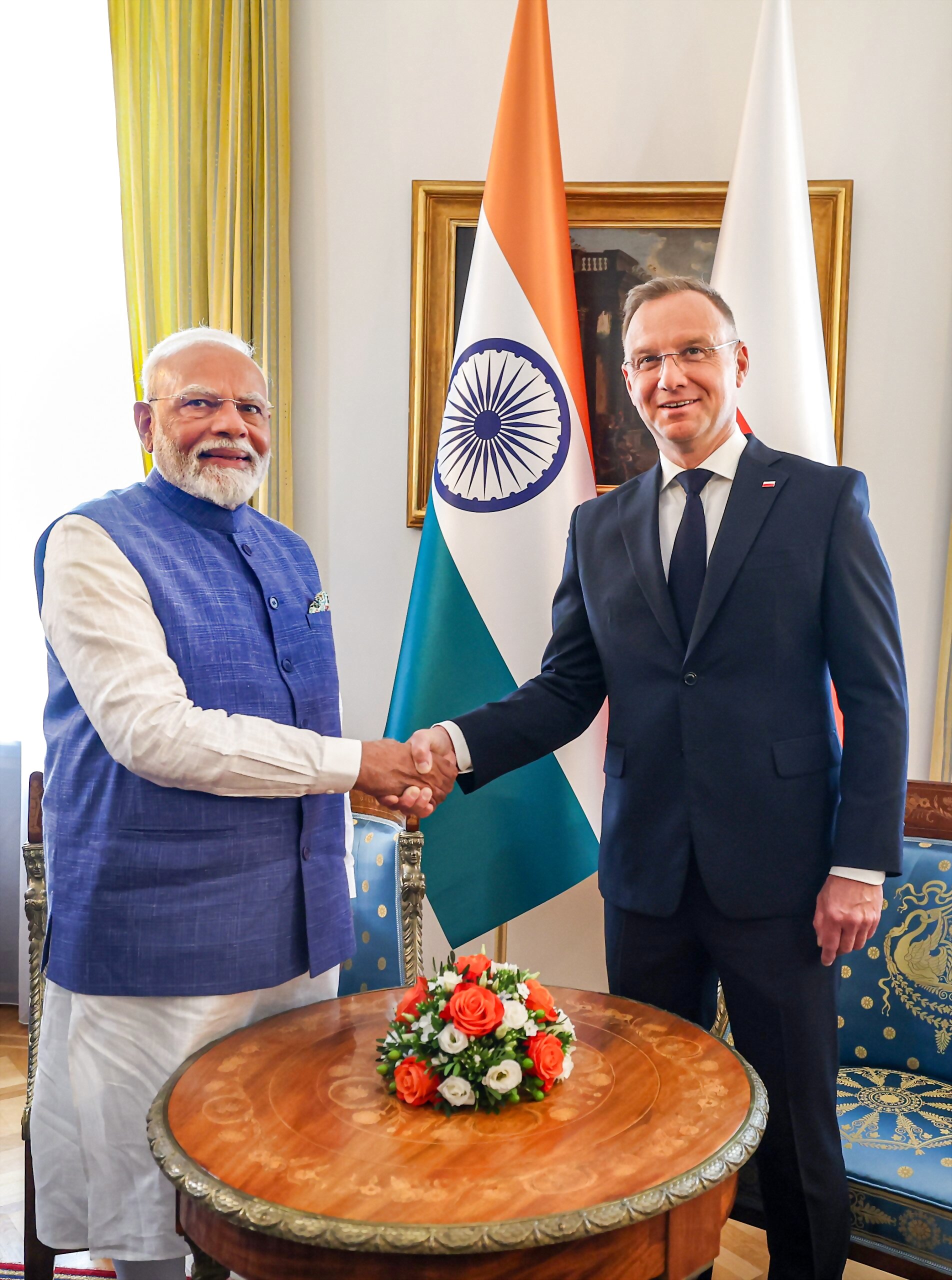
The social security pact signed during the visit is not just about bureaucratic procedures; it’s about facilitating the movement of skilled workers and fostering people-to-people connections. This agreement will create opportunities for Indian professionals in Poland’s growing tech sector and provide Poland with access to India’s vast pool of talent.
Beyond these immediate benefits, this strategic partnership sends a powerful message. In a world grappling with the consequences of the Ukraine war and rising tensions with China, India and Poland are signalling their intent to work together to promote a rule-based international order and diversify their strategic partnerships.
A Sign of Things to Come?
India’s diplomatic whirlwind this week offers a glimpse into its evolving foreign policy. The country is no longer content to be a passive observer on the world stage. It is actively shaping its own destiny, forging new partnerships, and asserting its interests with a newfound confidence.
From the war-torn streets of Kyiv to the bustling economic hubs of Southeast Asia, India is demonstrating its willingness to engage with a diverse range of actors. It is balancing its traditional ties with Russia with a growing strategic partnership with the United States. It is reaching out to Europe, recognising the continent’s importance in a multipolar world.
This week’s diplomatic triumphs are not merely isolated incidents. They are part of a broader trend, a deliberate shift in India’s foreign policy posture. The country is embracing its role as a rising power, one that is willing to play a more active role in shaping the global order. The coming years will likely see India continue to expand its diplomatic footprint, forging new alliances and deepening existing ones.
The world is taking notice.
















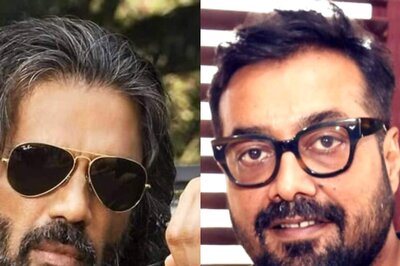



Comments
0 comment